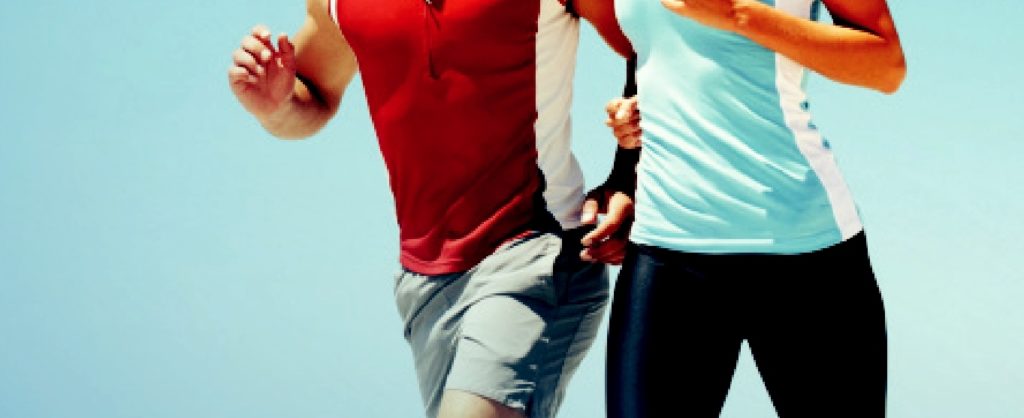At Jubilee Sports Physiotherapy, we see a lot of injuries caused by biomechanical errors and imbalances in the body.
A biomechanical injury is caused by the overuse or incorrect use of a joint or muscle. This type of injury generally occurs when the joint or muscle has been overstressed in the wrong way repetitively over a long period of time.
A good example of a biomechanical injury is iliotibial band syndrome, or ITBS. It usually presents as pain on the outer side of the knee and is a common complaint among middle-distance runners or in athletes when they try to do too much running too quickly or run with poor pelvic control and poor lower limb alignment. If the muscles that help maintain pelvic stability during running are stressed beyond their capability, the adjacent tissues on the outside of the thigh can be placed under enormous tension, in time resulting in injury and knee pain.
To prevent a biomechanical injury, no matter where in the body it is, you need to be aware of how you’re stressing your body and give your joints and muscles enough time to accommodate the increased stress. More importantly, it is paramount that any imbalances in strength, flexibility, stability and body alignment be corrected.
If you think you might have a biomechanical injury, you should be evaluated by one of our physiotherapists who understand biomechanical injuries. He or she can correctly determine the source of your pain and initiate the appropriate interventions so you can get better.
Things to Keep in Mind if You Have (Or Suspect You Have) a Biomechanical Injury:
This type of injury will not just “heal on its own” with rest.
You need to address the cause of the pain, or the symptoms will come back when you return to whatever activity caused the pain in the first place.
Don’t push through the pain.
This pain is telling you that you’re doing something wrong. This is not a no-pain, no-gain situation.
There’s no quick fix.
There’s no pill or quick shot that can cure a biomechanical injury. The best approach is to correct the problem, which may include correction of any musculoskeletal imbalances, a flexibility program, lumbopelvic or general muscular strengthening and a graduated return to activity. Our physiotherapists will assist you in correcting any underlying biomechanical issues.
Are you suffering from a pain or ache that just seems to linger? Maybe you have a biomechanical injury. Contact one of our physiotherapists to have your injury assessed.






















